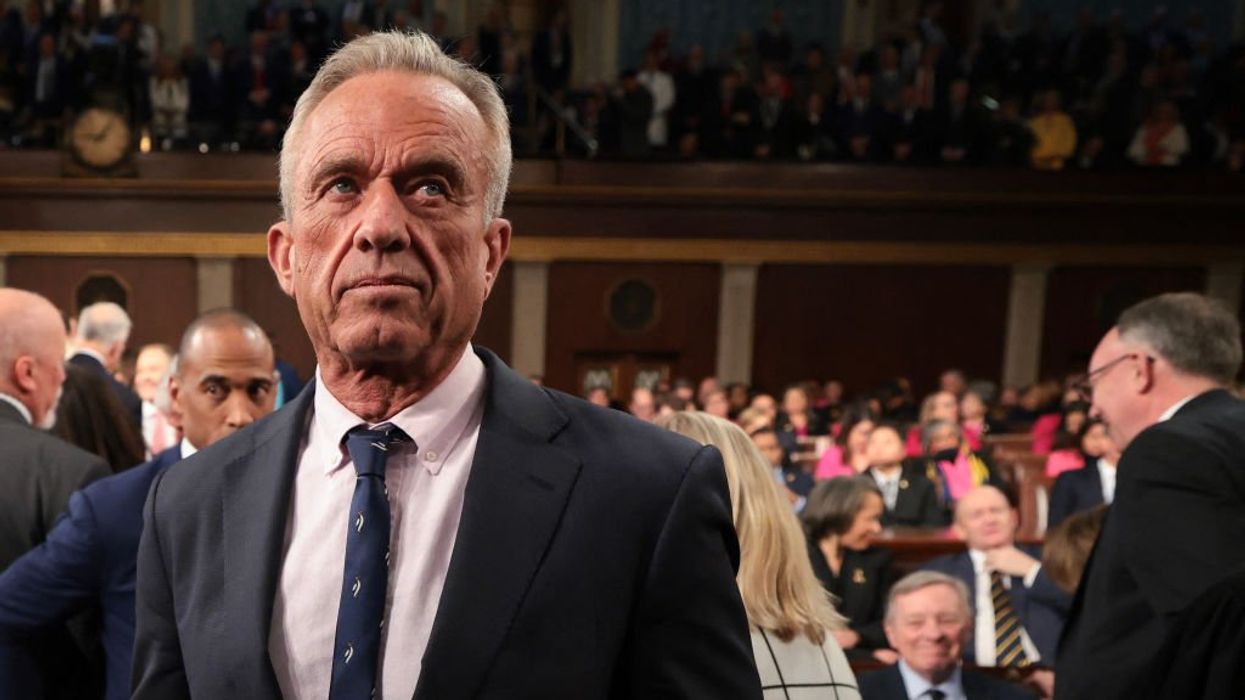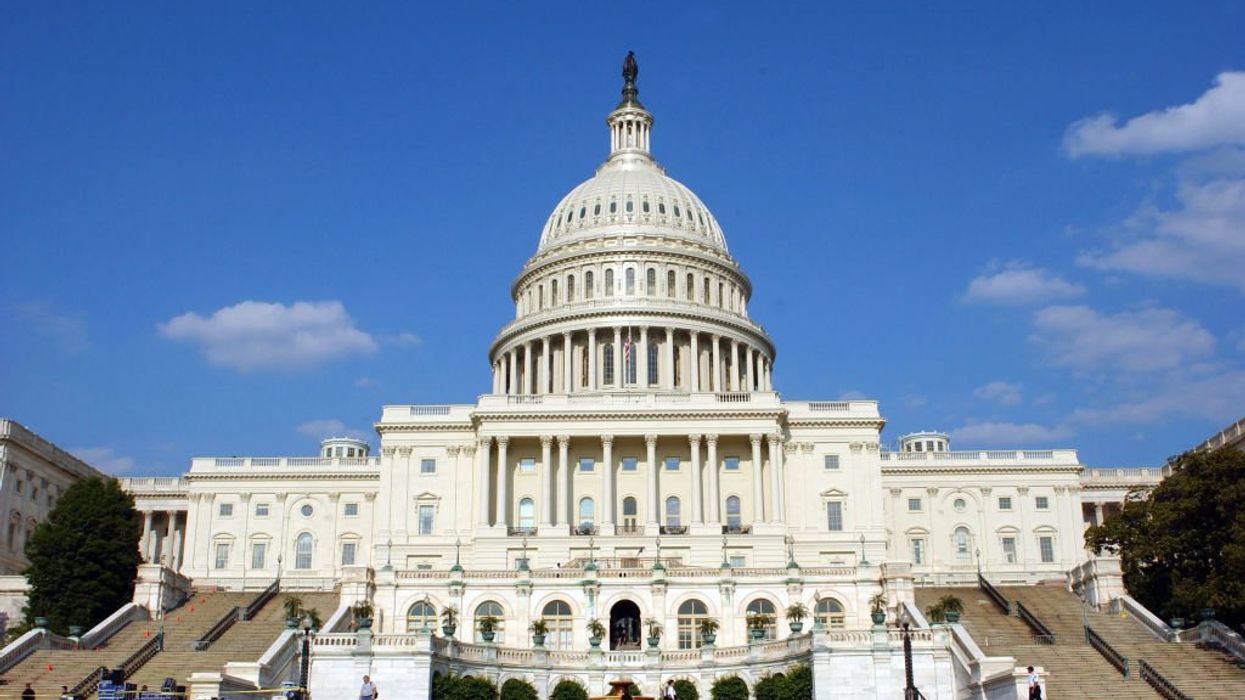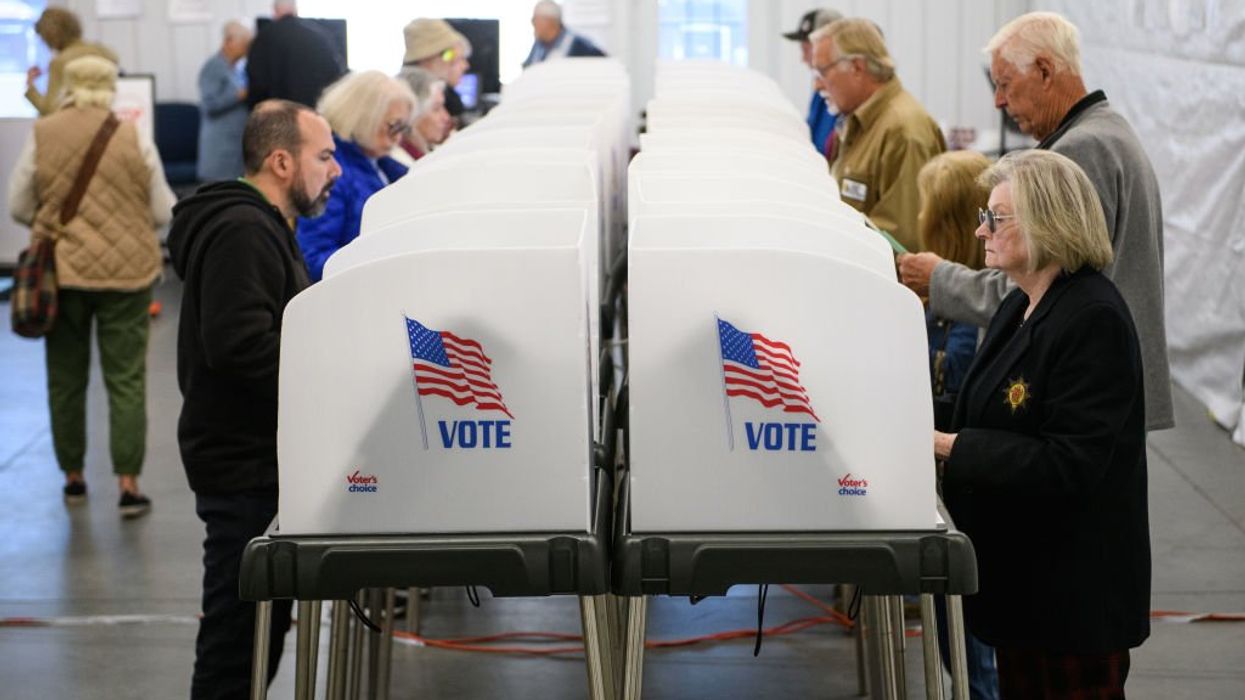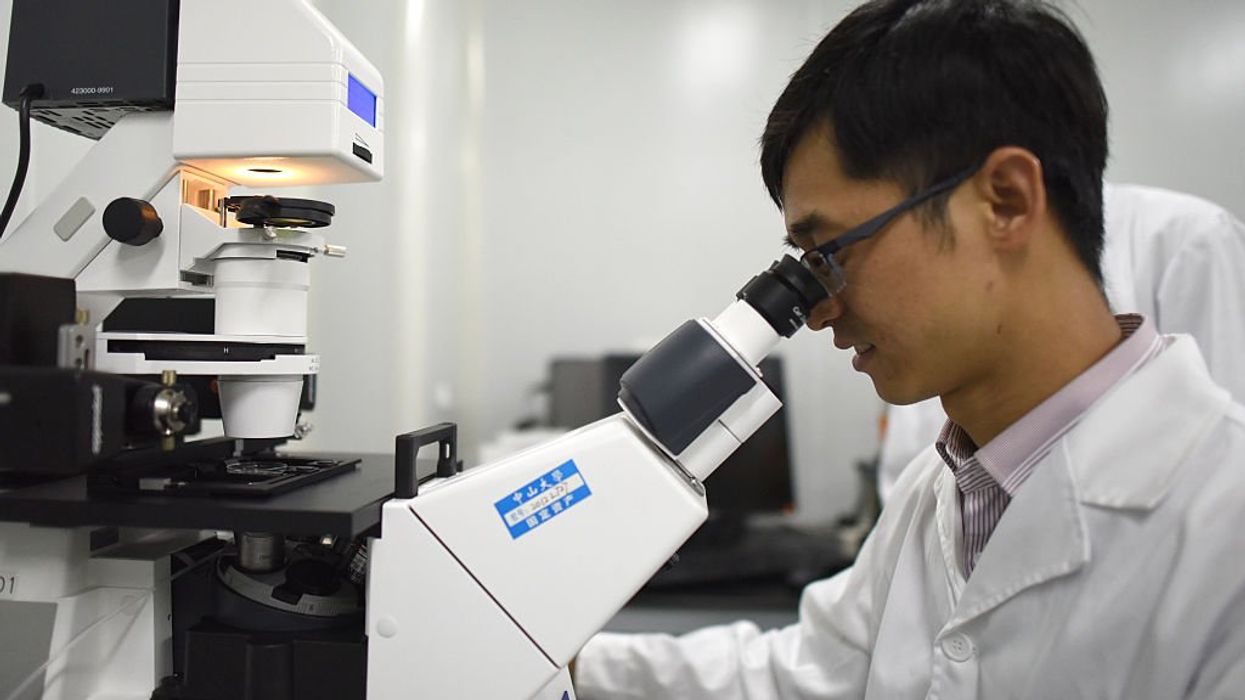Being an elected representative of the people is a sweet gig, chock full of cushy salaries, budgets, benefits and perks. Why would Americans bother with simply asking for a repeal of Obamacare when they could ask for so much more?
Here's what We the People should really demand: every perk and penny Congress enjoys courtesy of our hard-earned tax dollars --- and they enjoy a lot. Take a look at what our incompetent and insufficient congressmen and congresswomen get for doing the people's business:
Salary & Benefits
Annual Salary: $174,000
• Each Senator and Representative receives $174K per annum (the Speaker of the House gets $223,500, and the majority and minority leaders of the House and Senate get $193,400).
• Permissible “outside earned income” for Representatives and Senators is limited to 15% of the annual rate of basic pay for level II of the Executive Schedule. According to the House Ethics Committee and Senate Ethics Committee, the 2016 limit is $27,495.
Tax Deduction Perk: $3,000
• Each Senator and Representative is allowed to deduct living expenses up to $3,000 per annum, while away from their congressional districts or home states.
Healthcare: $10,000
• For decades, congressional members had access to the Federal Employees Health Benefits Program (FEHBP). Started in 1959, a few years before Medicare, it was meant to cover some nine million government employees --- civil-service workers, the courts, the Post Office, members of Congress, and more. It wasn’t a single plan but, rather, as a Times story put it, “a supermarket offering 300 private health plans.” Heritage Foundation called it “a showcase of consumer choice and free-market competition.”
• Since 2014, lawmakers and staffers, except in a handful of cases, purchased health insurance through the D.C.'s “SHOP” exchange. They do this with an employer-based subsidy from the federal government, which some lawmakers have denounced as an “exemption” for Congress under the law.
• Under Obamacare, a middle-aged member of Congress who earns an annual salary of $174,000 from the taxpayers, and who has a wife and children, will get a $10,000 subsidy from the taxpayers (over and above his $174,000 salary) to buy a health insurance plan that a regular citizen making almost $80,000 less than the congressman will not get.
Short Work Week: Up to 239 Days Off
According to the congressional calendar released in late 2012, there were 126 congressional sessions on the docket without a single five-day work week, leaving members of Congress with 239 days to work outside of Congress. Sometimes this means working within their home state, and in other cases it can mean a vacation.
Budget & Office Space (Senate)
Personnel and Office Expense Account: $3,043,454 to $4,815,203
• The Senators’ Official Personnel and Office Expense Account (SOPOEA) is available to assist Senators in their official and representational duties. The allowance is provided for the fiscal year. The preliminary list of SOPOEA levels contained in the Senate report accompanying the FY2017 legislative branch appropriations bill shows an average allowance of $3,306,570 per senator.
Staff Salaries: $169,459 to $171,315
• The maximum annual salary for committee employees, as continued since the 2009 pay order, is $171,315. The salary of an employee in a senator’s office may not exceed an annual rate of $169,459.
Physical Office Space: 5,000 to 8,200 square feet
• Each senator is authorized home state office space in federal buildings. In the event suitable office space is not available in a federal building, other office space may be secured. The cost of private space is not to exceed the highest rate per square foot charged by the General Services Administration. The aggregate square footage of office space that can be secured for a senator ranges from 5,000 square feet, if the population of the state is less than 3 million, to 8,200 square feet, if the state’s population is 17 million or more.
Furniture Budget: Starting at $40,000
• Each senator is authorized $40,000 for state office furniture and furnishings for one or more offices, if the aggregate square footage of office space does not exceed 5,000 square feet. The base authorization is increased by $1,000 for each authorized additional incremental increase in office space of 200 square feet.
Budget & Office Space (House of Representatives)
Personnel and Office Expense Account: $1,200,000
• Members of the House receive a $250,000 budget for travel and office expenses.
Staff Salaries: $168,411 to $172,500
• Members of the House receive a $900,000 annual allowance for a staff.
• The maximum annual salary for employees of committees, as revised in the 2009 pay order, is $172,500 for up to three staff members (two majority and one minority); $170,696 for up to nine staff members (six majority and three minority); and a maximum of $168,411 for other staff. The salary of an employee in a member office may not exceed an annual rate of $168,411.
Other Perks
Members of Congress have long been treated as a special class with lifelong access to members-only parking spaces, elevators, dining rooms and exercise facilities (unless they become a lobbyist).
Grooming and Fitness Amenities
• Taxpayer-funded, members-only gym
• Taxpayer-funded, members-only tennis court
• Taxpayer-funded, members-only salon
• Taxpayer-funded, members-only barbershop
Airline Privileges
• Staff schedulers often times make reservations for members of Congress via dedicated phone lines that Delta and other major airlines have reportedly set up for Capitol Hill customers. Airlines also permit members to reserve seats on multiple flights but only pay for the trips they take. “We get on every single flight,” one congressional aide familiar with the process told Roll Call last month.
• Free parking at the two Washington-area airports (At a rate of $22 per day, that represents almost $740,000 in forgone revenue annually for Reagan National).
Retirement and Investment Benefits
• According to figures from the U.S. Census Bureau, the average Social Security recipient is going to net $15,000 a year in benefits while a public workers' pension will average around $26,000. By contrast, a retired member of Congress who's served 20 years will average $59,000 annually in pension benefits. In addition, Congress members (actually all federal workers) have access to the Thrift Savings Plan, a 401(k)-like investment vehicle with fees of just 0.03%. To put that into context, Bankrate notes that this means just $0.27 in fees for every $1,000 for the Thrift Savings Plan, compared with the average 401(k), which charges around $5 in fees for every $1,000. Over a lifetime, that can mean thousands less in fees for congressional employees compared to public- and private-sector workers.
• Despite passing the Stop Trading on Congressional Knowledge Act, perhaps known better as the STOCK Act in 2012, Congress gutted the primary disclosure component. While still making it difficult to make trades on inside information, this means they don't have to publicly disclose their trades and potential insider knowledge. It's laudable they passed the restrictions, but it's hard keep them honest if it's difficult to access the information.
Death Benefits
• Family members of those in Congress who die typically receive a full year’s salary as compensation ($174,000). By comparison, the families of members of the armed forces killed on the battlefield in Iraq or Afghanistan are only entitled to $100,000 for their loss.
Sources:
Congressional Research Service

















